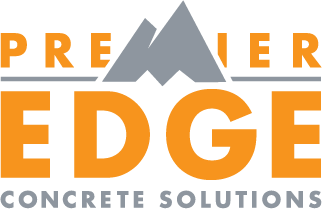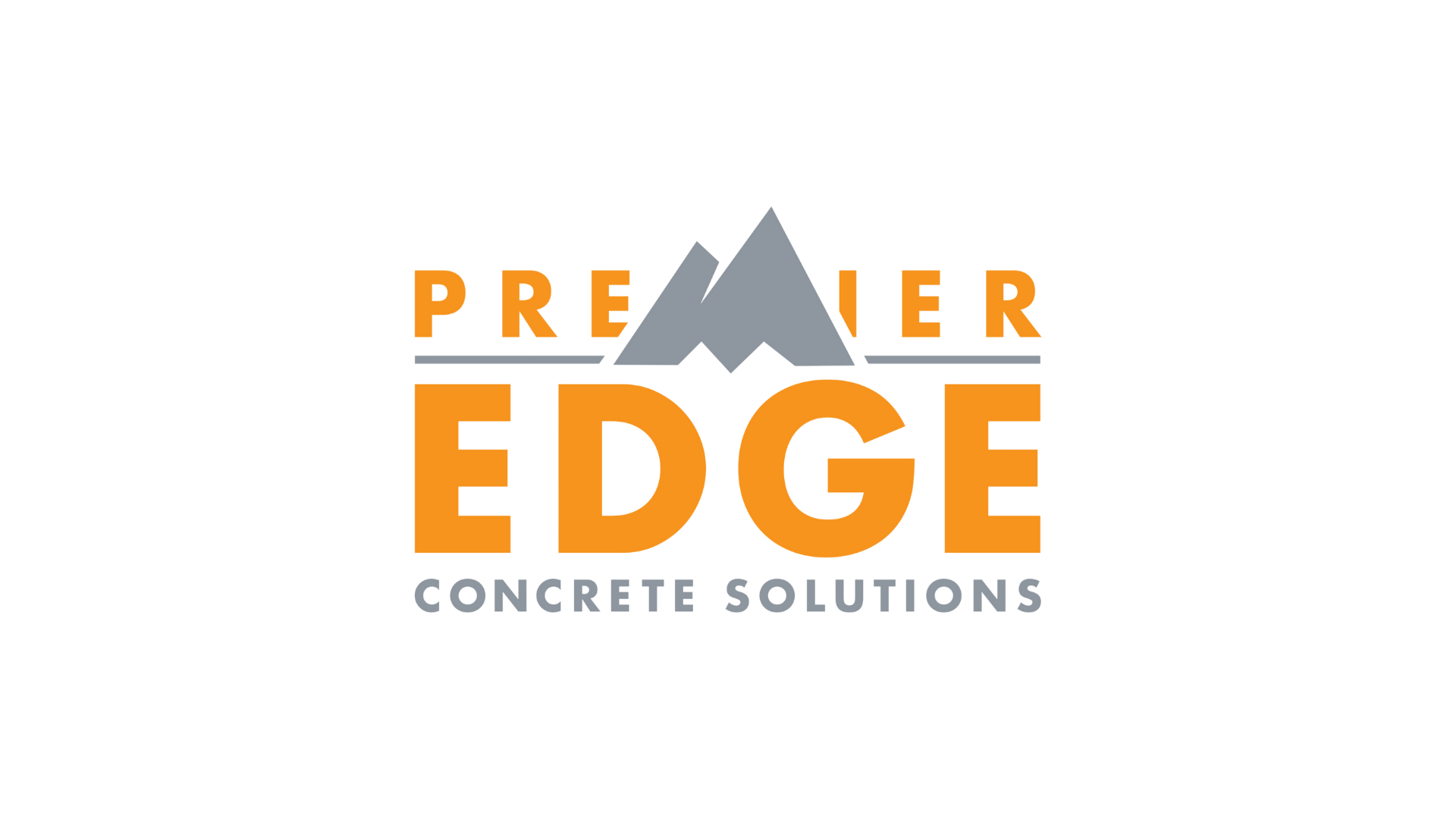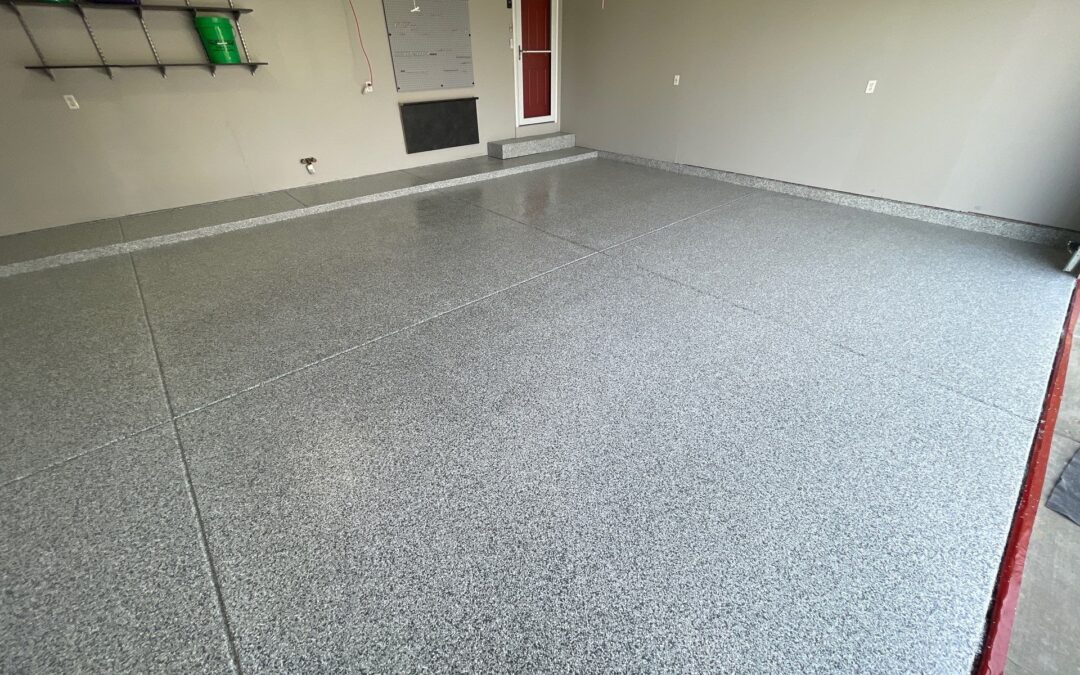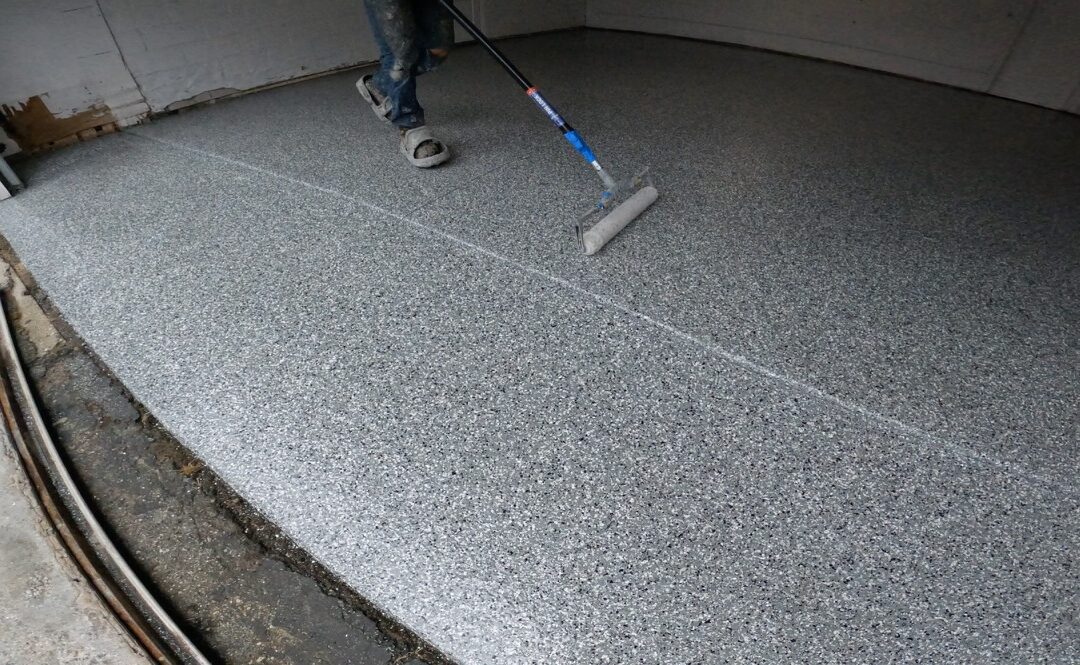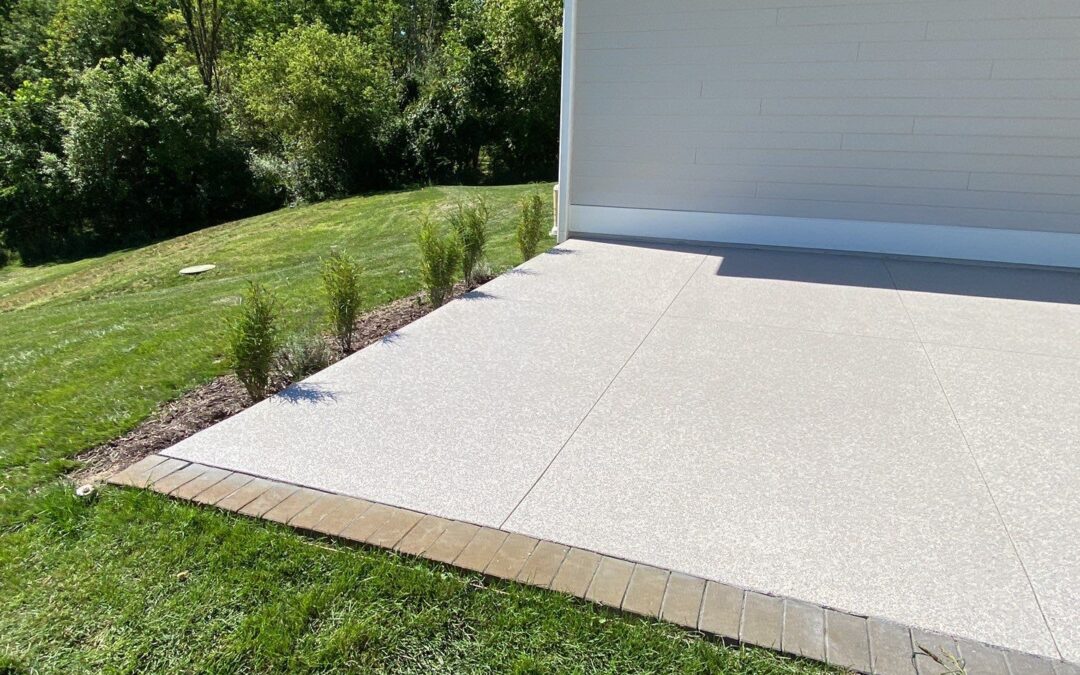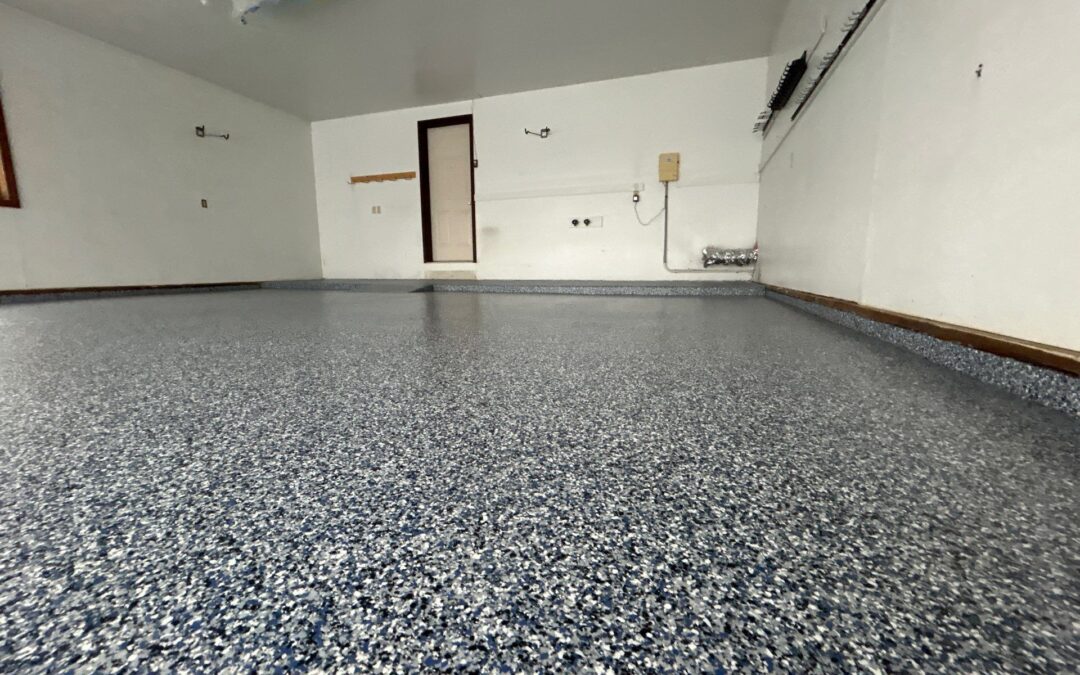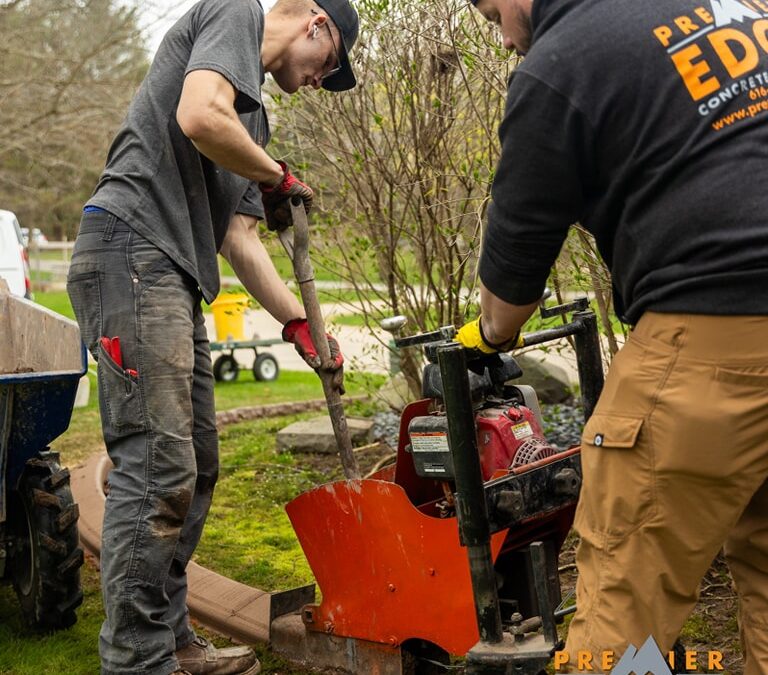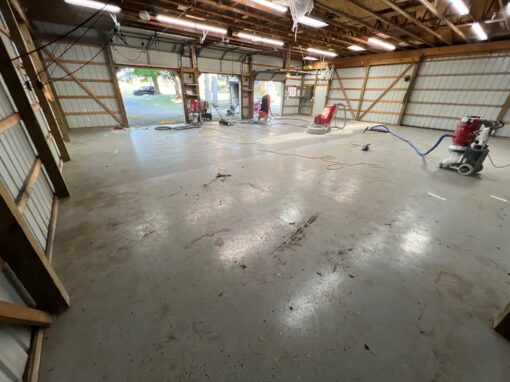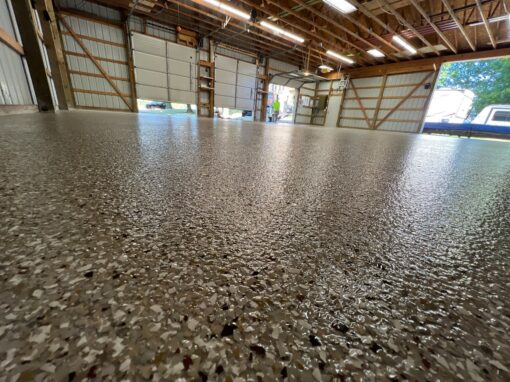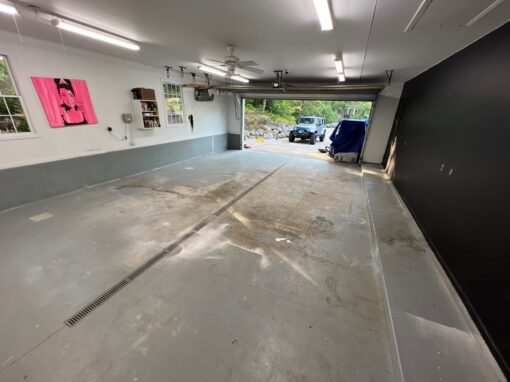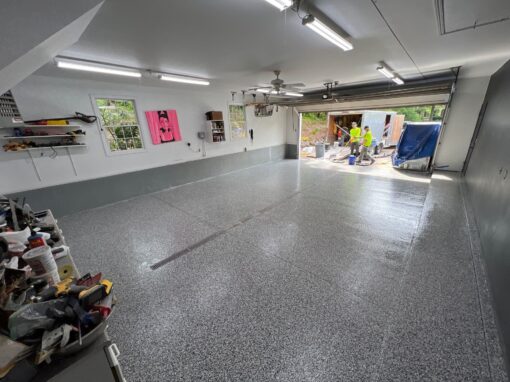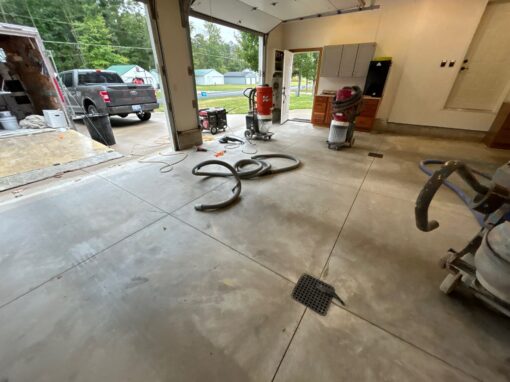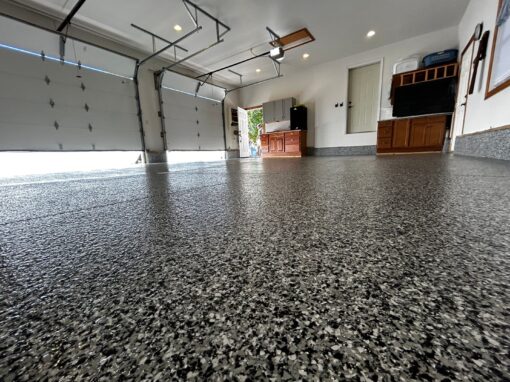When it comes to home improvement projects, there’s no denying that epoxy has become a popular choice. With the ability to create unique and durable designs with its flexible adhesive properties, epoxy is ideal for a variety of uses from flooring and countertop coating to furniture refinishing. However, before you embark on your project, it’s important to understand what makes this adhesive material so special and how best you can work with it to achieve professional-level results without compromising on safety or effectiveness. In this blog post, we’ll cover all the basics of working with epoxy so you can make sure your project turns out just as you envisioned!
Understanding the Basics of Working with Epoxy
Working with epoxy floor coating is a skillful art that requires precision and a thorough understanding of the material. Epoxy is a versatile adhesive that is known for its strength and durability. It is commonly used in construction, woodworking, and automotive industries for its ability to form strong bonds with a wide range of substrates. Understanding the basics of working with epoxy is crucial for professionals in these industries who want to produce high-quality, long-lasting products. Epoxy has a unique chemistry that dictates its application and curing process. It is essential to have a sound knowledge of the thickness of the material, temperature range, and curing time to achieve optimal results. Whether you are a seasoned professional or a beginner, it is essential to understand the basic concepts of working with epoxy to ensure that you get the most out of this powerful adhesive. By following best practices and the fundamental principles of epoxy application, you can produce products that are strong, durable, and will last for many years to come.
Safety Tips for Working with Epoxy
Safety is a top priority when working with epoxy, a versatile adhesive that has numerous applications in the world of arts and crafts, woodworking, and construction. Despite its many benefits and widespread use, epoxy can also be a hazardous material if not handled with care. It is important to take necessary precautions to protect yourself and others who may come into contact with the product during its handling, mixing, and application. The first and foremost safety tip for working with epoxy is to wear protective gear, including gloves, goggles, and respiratory masks. In addition, make sure to work in a well-ventilated area to avoid inhaling harmful fumes. Always read and follow the manufacturer’s instructions, as improper use of epoxy can result in skin irritation, chemical burns, and eye damage. It is also crucial to store epoxy in a safe and secure location away from children and pets. Lastly, dispose of any unused or expired epoxy in accordance with local regulations to prevent harm to the environment and public health. Following these safety tips can ensure a safe and successful experience when working with epoxy.

Epoxy Floor Coating
Different Types of Epoxy and Their Uses
Epoxy is a powerful and versatile adhesive that has a wide range of uses in several industries. It is a combination of two components, the resin, and the hardener, that forms an incredibly strong bond when mixed. Different types of epoxy are available in the market, with each variant having unique properties that cater to specific applications. For instance, clear epoxy is widely used for coating floors and countertops, as it offers exceptional durability and chemical resistance. On the other hand, structural epoxy adhesives are ideal for bonding metals, plastics, and other materials that require high strength. Additionally, there are also conductive and non-conductive epoxies, heat-resistant epoxies, and low-odor epoxies that are suitable for different purposes. With the advancements in technology, epoxy continues to evolve to meet the growing needs of various industries, making it an indispensable material for construction, automotive, electronics, and aerospace applications. Understanding the different types of epoxy and their uses is crucial in determining the right one for your project to ensure maximum efficiency and safety.
How to Prepare a Surface Before Applying Epoxy
Preparing a surface before applying epoxy is essential for an enduring and beautiful finish. Proper surface preparation ensures that the epoxy can bond appropriately to the substrate, leading to a stronger and longer-lasting coating. An adequate preparation process begins with the removal of any dust, grease, oil, or other contaminants that may interfere with the adhesion process. This may involve a thorough cleaning with a mild detergent and water solution as well as the use of a high-quality surface degreaser. Additionally, any existing coatings or rough surfaces should be removed to create a smooth, clean surface for the epoxy to adhere to. This can be achieved by using mechanical abrasion methods, such as grinding or sanding, or by applying a chemical stripping agent. Once the surface is prepared, it must be completely dry, and free of debris and contaminants before applying the epoxy. Proper surface preparation is the foundation of a successful epoxy coating and is essential to ensuring a long-lasting, durable finish.
Step-by-Step Guide to Applying Epoxy
Transforming dull or damaged surfaces is as simple as applying a coat of epoxy. However, achieving a smooth finish requires proper preparation and attention to detail. Here’s a step-by-step guide to help you achieve a seamless, polished surface in no time:
- Prepare the surface: Start by cleaning and drying the area you want to coat.
- Mix the epoxy solution: Follow the manufacturer’s instructions to ensure the proper mixture.
- Apply the first coat: Use a foam brush or roller to evenly apply the epoxy in small sections. Take care to avoid creating bubbles.
- Allow drying and sanding: Once the first coat is dry, lightly sand the surface and clean it before moving on to the next step.
- Apply the second coat: Repeat the process, applying the second coat of epoxy.
- Final touches: Let the second coat dry completely. Sand any imperfections and clean the surface for a flawless finish.
By following these simple steps, you can easily transform any surface into a beautiful and durable masterpiece with epoxy.
Troubleshooting Common Issues When Working with Epoxy
When working with epoxy, troubleshooting common issues can be a challenging and time-consuming task. However, with the right tools and techniques, this process can become much easier and less problematic. One of the most common issues that you may encounter when working with epoxy is uneven mixing, which can lead to dry spots and weakened bonding strength. To avoid this problem, it is essential to follow the manufacturer’s instructions carefully and use a suitable mixing device. Another issue that you may face is air bubbles forming on the surface of the epoxy, which can compromise the overall finish and quality. In such a scenario, it is advisable to use a heat gun or a blowtorch to remove the bubbles, taking extra care not to overheat the area. Additionally, it is crucial to ensure that the surface is clean and dry before applying the epoxy, as any impurities or moisture can negatively impact the adhesion. By being aware of these common issues and implementing the appropriate troubleshooting techniques, you can effectively address any problems that arise when working with epoxy and achieve outstanding results.
Working with epoxy can be a bit tricky, but the rewards of having a strong, waterproof bond can’t be overstated. Taking time to understand the basics of working with it and following through on all of the safety precautions will ensure that the job is done correctly. No matter which type of epoxy works best for your project, preparing the surface correctly before applying and being patient are essential elements of achieving a successful result. With practice and a detailed step-by-step guide, one can easily become an expert in applying epoxy in no time. What’s more, taking note of some common issues may help troubleshoot any problems that have arisen. Now that you’ve read this comprehensive blog post on how to do professional epoxy flooring, you too can tackle any project without worry!

Prepare Surface For Epoxy Flooring
https://www.google.com/maps?cid=1810621540998150883.

I’m Nathan Endres, owner of Premier Edge Concrete Solutions. I ensure every project showcases quality and excellence. Specializing in landscape curbing and floor coatings, my team and I serve Grand Rapids, MI, with a focus on providing reliable and affordable craftsmanship.
